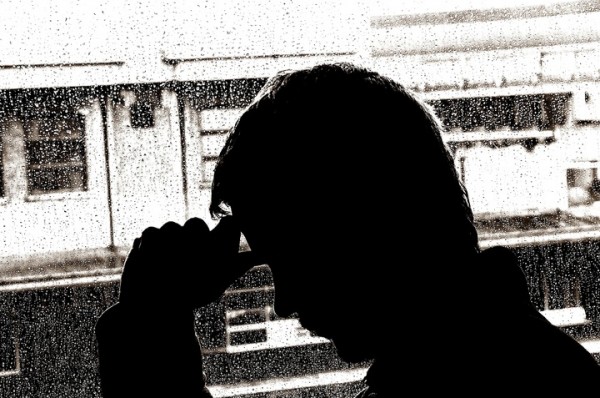5 Commonly Believed Myths Regarding Mental Health
Over the past several years, mental health has gradually moved out of the shadows. After hundreds of years of being sidelined, an individual's state of mental wellbeing is slowly getting more well-deserved attention.
Nonetheless, a lot of myths persevere. Five of the most common misconceptions will be highlighted in this article just in time for the observance of World Mental Health Day on October 10.
Unfortunately, there is still a substantial stigma attached to these particular conditions, with much of this depending on what's described as unfashionable thinking and outdated suppositions.
As with so many things happening in life, the more information coming in, the less likely we are to allow myths to add color to our opinions.
Not so long ago, society avoided those who have mental conditions. Some people believed that evil spirits were the ones responsible for such a condition.
Nonetheless, this way of thinking has been removed from society, although in much of the world, mental health experts say, "It still casts a long shadow."
ALSO READ: It's International Podcast Day! Here are 5 of the Best Podcasts on Mental Health

Among the most common health disorders today is depression, which affects over 264 million people worldwide in 2017.
5 Wrong Beliefs about Mental Health
In this pandemic, more and more people are found to have experienced mental health problems. And with the increasing number of people going through this condition, some misconceptions or myths remain. Here are 5 of them:
1. Mental Health Problems are Rare Conditions
Even before the onset of COVID-19, the statement, as mentioned earlier, was already false. Today, it has even gone farther from the truth.
In an estimate the World Health Organization made in 2001, it indicated that one in every four individuals in the world were likely to be affected by "mental or neurological disorder at some points of their lives."
Presently, the WHO said, about 450 million people experience such a condition. As the global health organization explained, mental disorders are among the main reasons for ill health and disability worldwide.
Among the most common health disorders, today is depression, which affects over 264 million people worldwide in 2017.
2. People Can Die from Panic Attacks
While panic attacks are exceptionally unpleasant as they involve a racing heartbeat and a prevailing sense of fear, they cannot directly be deadly.
Notably, though, an individual who experiences a panic attack is more likely to have an accident. If a loved one experiences such an attack or feels that one is about to occur, finding a safe pace helps mitigate such a risk.
DON'T MISS THIS: What Happens to Your Heart When You Eat Healthier
3. These Conditions are Permanent
According to mental health experts, being diagnosed with this disorder does not necessarily mean he seems to have received a life sentence.
Every person's experience with this condition varies. Some people might experiences episodes between which they go back to their "normal" self.
Other individuals may find treatments in different forms, like medication or therapies that balance their lives.
Community-based non-profit Mental Health America explained that recovering from a mental disorder includes getting better and attaining a complete and content life.
4. Anyone with Mental Illness is Violent
This definitely, is an evident myth. Fortunately, as the world turns out to be more aware of mental health conditions, this mistaken belief is gradually fading.
Even people who suffer from the most severe conditions like "schizophrenia," are more often than not, nonviolent.
While it may be true that specific mental disorders can become violent and erratic, they are said to be "in the minority.
Authors of a review that examines the association of mental health with violence can help explain why this misconception might have gotten traction through the years.
"Violence attracts attention in the news media," said the review authors, adding, in the context of mental disorder, it can be "especially sensationalized, which only strengthens the disgrace that already saturates the lives of the patients."
5. People with Mental Health Conditions are not Capable of Working
This is an old yet persistent misconception that people suffering from mental health problems cannot hold down a career or be helpful members of a particular workforce. This, experts say, is "totally false."
While it may be true that an individual who lives with severe mental health problems might not be able to attend to his regular tasks at work, most people with the condition can be as productive as those who don't experience mental health issues.
A 2014 study examined employment statuses according to the severity of mental illness. As a result, the study authors found that, as anticipated, "employment rates dropped with increasing severity of mental illness."
IN CASE YOU MISSED THIS: 5 Benefits and Some Disadvantages You Can Get From Onions
Check out more news and information on Mental Health on MD News Daily.
Oct 05, 2020 08:20 AM EDT





